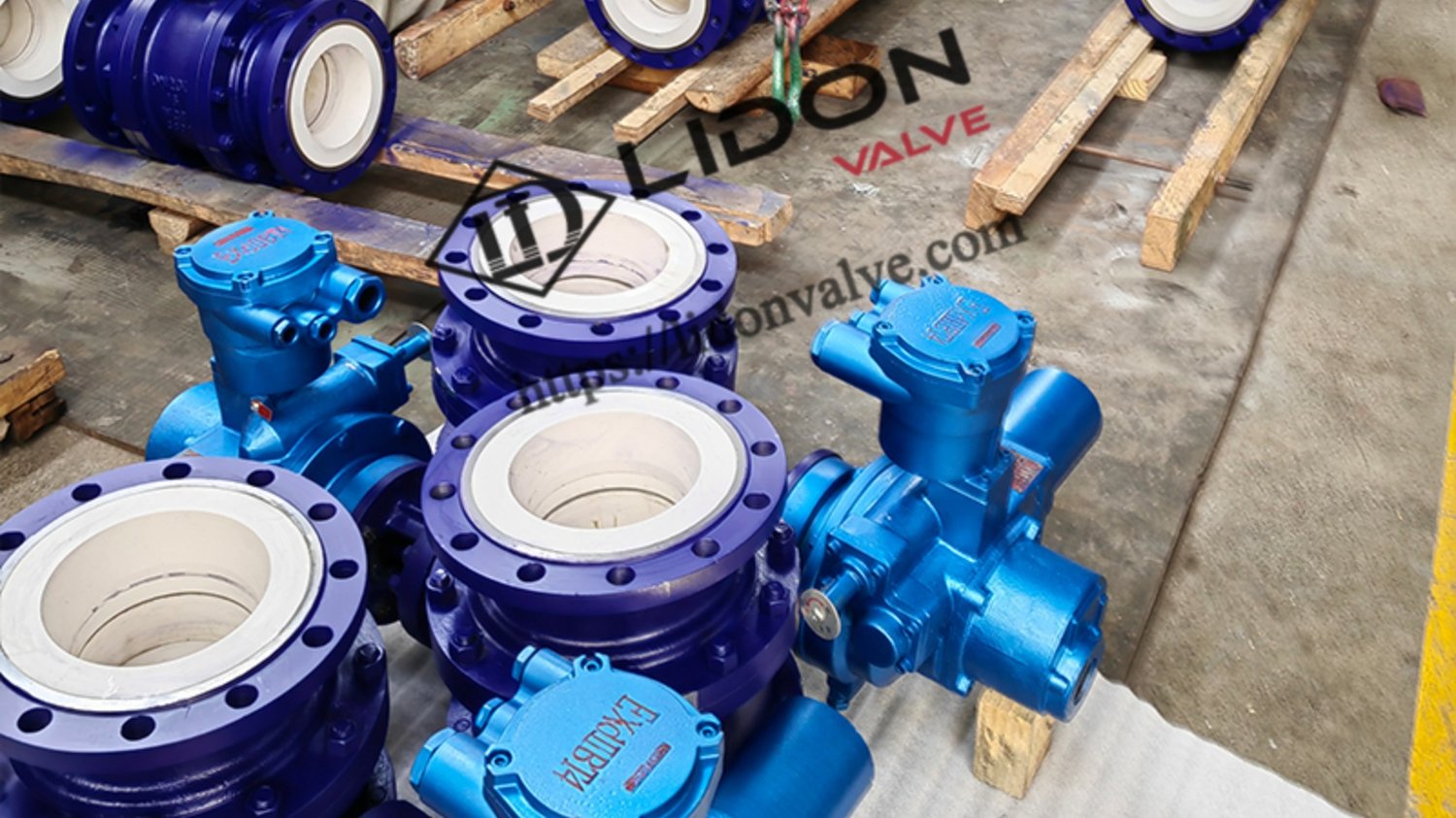Introduction
A ceramic lined ball valve is a type of valve that is used in various industrial applications. It is designed to provide optimal performance and durability in demanding conditions. In this article, we will explore the advantages of using a ceramic lined ball valve and its key features that make it a reliable choice for industries.
1. Superior Corrosion Resistance of Using a Ceramic Lined Ball Valve
Ceramic lined ball valves are known for their exceptional resistance to corrosion. The ceramic lining acts as a protective layer, preventing the valve from corroding even in highly corrosive environments. This makes it an ideal choice for industries where corrosion is a major concern, such as chemical processing plants and oil refineries.
2. Excellent Abrasion Resistance
Another significant advantage of ceramic lined ball valves is their exceptional resistance to abrasion. The ceramic lining is highly resistant to wear and tear caused by abrasive materials flowing through the valve. This makes it a suitable choice for industries that deal with abrasive substances, such as mining and slurry transportation.
3. Extended Service Life of Using a Ceramic Lined Ball Valve
Due to their superior corrosion and abrasion resistance, ceramic lined ball valves have an extended service life compared to traditional valves. They require less frequent maintenance and replacement, resulting in cost savings for industries in the long run. This durability makes them a reliable choice for critical applications where downtime can be costly.
4. Minimal Leakage of Using a Ceramic Lined Ball Valve
Ceramic lined ball valves are designed to provide a tight seal, minimizing leakage. The ceramic lining ensures a smooth and precise closure, preventing any leakage even at high pressures. This feature is crucial in industries where leakage can lead to safety hazards or loss of valuable substances.
5. High Temperature Resistance of Using a Ceramic Lined Ball Valve
Ceramic lined ball valves can withstand high temperatures without compromising their performance. The ceramic lining can resist temperatures of up to 1000°C, making them suitable for industries that operate in extreme temperature conditions, such as power plants and steel mills.
6. Reduced Maintenance Requirements
Thanks to their exceptional resistance to corrosion and abrasion, ceramic lined ball valves require less maintenance compared to traditional valves. This reduces downtime and maintenance costs for industries, allowing them to focus on their core operations instead of frequent valve replacements or repairs.
7. Improved Flow Efficiency of Using a Ceramic Lined Ball Valve
The smooth surface of the ceramic lining in ball valves helps to minimize friction and turbulence, resulting in improved flow efficiency. This allows for better control of fluid flow and reduces energy consumption. Industries can benefit from increased productivity and cost savings in terms of energy usage.
8. Versatility in Applications of Using a Ceramic Lined Ball Valve
Ceramic lined ball valves can be used in a wide range of applications across various industries. They are suitable for handling different types of fluids, including corrosive and abrasive substances. This versatility makes them a preferred choice for industries such as chemical processing, mining, power generation, and wastewater treatment.
9. Enhanced Safety of Using a Ceramic Lined Ball Valve
With their tight sealing and resistance to corrosion, ceramic lined ball valves contribute to improved safety in industrial operations. The reliable performance of these valves helps prevent accidents, leaks, and potential environmental hazards. Industries can rely on ceramic lined ball valves to ensure the safety of their personnel and equipment.
10. Cost-Effective Solution
Despite their initial higher cost compared to traditional valves, ceramic lined ball valves offer a cost-effective solution in the long run. Their extended service life, reduced maintenance requirements, and energy efficiency contribute to overall cost savings for industries. The initial investment pays off through improved performance and durability.

